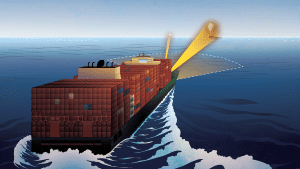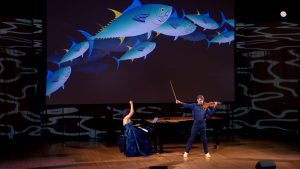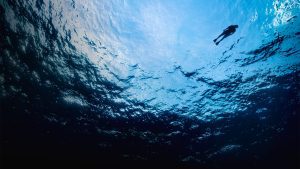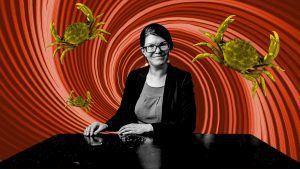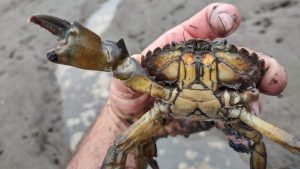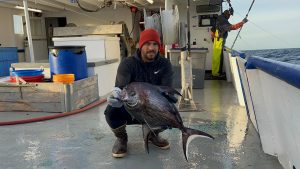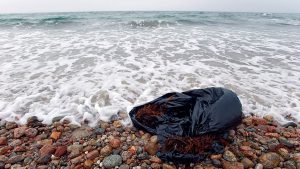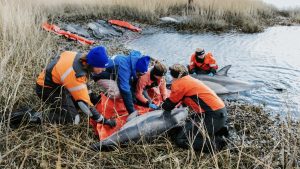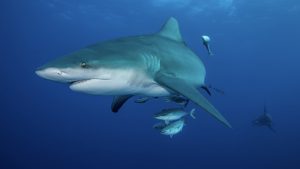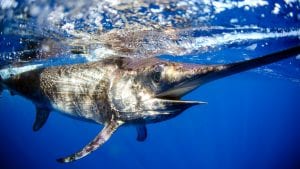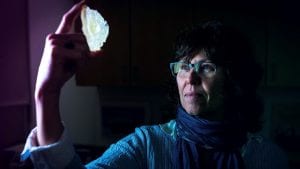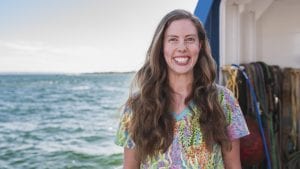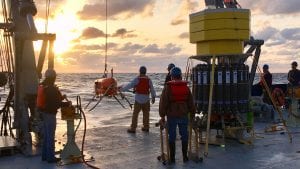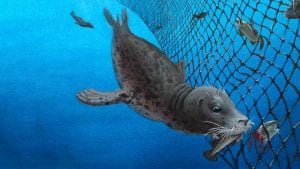Research Highlights
Oceanus Magazine
News Releases
WHOI scientists delve into the elusive fish’s role in the food web
While the impacts of plastic pollution on human health and the environment are growing, the report finds, increasing harm due to plastics is not inevitable.
Filter-feeding whales sample the Arctic food web, tracking decades of change
Differences in brain structure between echolocating and non-echolocating marine mammals offers insight into auditory processing
WHOI researchers part of collaborative, international effort to increase Marine Protected Areas and other strategies
News & Insights
Kirstin Meyer-Kaiser is a marine benthic ecologist, whose primary research focus is on how invertebrates establish themselves along the seafloor.
Scientists, in collaboration with commercial fishermen, are using underwater video cameras to document the behavior of seals and other animals in and around fishing nets just east of Cape Cod—an area that has seen steady growth in gray seal populations over the past few years.

